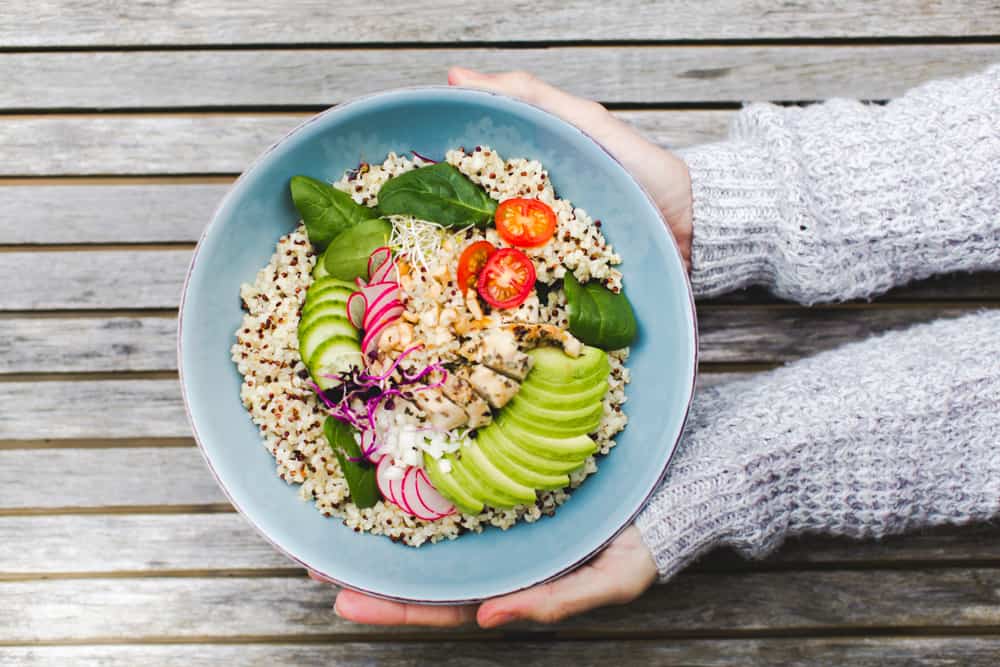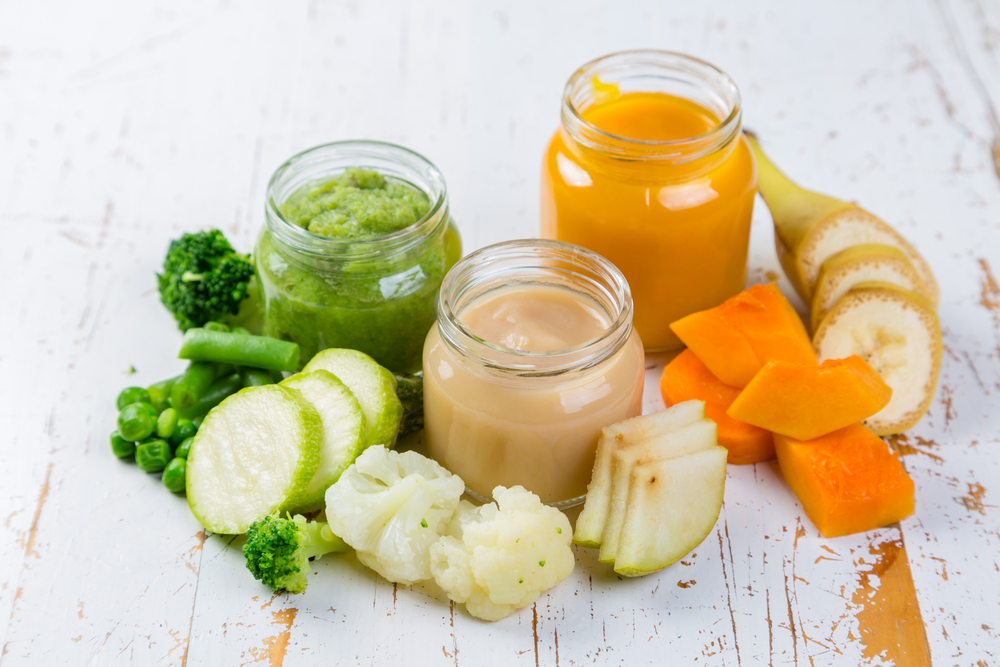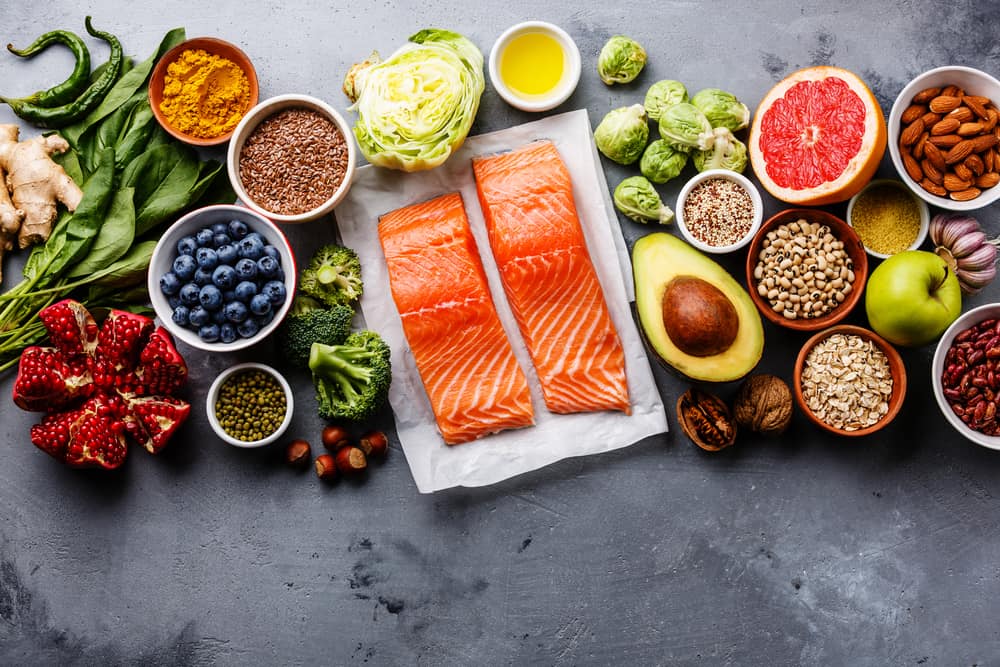Contents:
- Medical Video: Yes Yes Vegetables Song | CoCoMelon Nursery Rhymes & Kids Songs
- Why are many children who since childhood did not like vegetables?
- Use the right words so that the child is fond of vegetables
- Stop saying, "You have to eat vegetables because vegetables are healthy!" In children
- Then what should be done so that children are fond of vegetables?
Medical Video: Yes Yes Vegetables Song | CoCoMelon Nursery Rhymes & Kids Songs
Eating vegetables is often seen as a torture for some children, especially toddlers or preschoolers. At these ages, usually children can already bargain clearly do not want to eat this and do not want to eat it. It's no wonder that parents can run out of reason to have children eat vegetables. Well, actually there are still ways you can do it besides telling your child that vegetables are healthy. Consider the following review.
Why are many children who since childhood did not like vegetables?
Reported on the Daily UK page, it turns out naturally that every human being born has a certain rejection of plants asinstinct to survive.
The research at the Infant Cognition Center at Yale University involved 47 children aged 8-18 months. Psychologists place shaped objects that are very similar to vegetables and two other objects. As a result, the children in this study showed their reluctance to touch plants rather than other objects.
According to Wertz and Wynn as researchers, the instinct to stay away from plants arises because of plants considered as a form that produces toxins and can be life threatening. That's why when the human eye recognizes the existence of plants, the natural response is to stay away from the object.
So do not be surprised if at first, more effort is needed to convince children about vegetables and change their behavior.
Use the right words so that the child is fond of vegetables
Parents are responsible for changing a child's natural behavior towards vegetables. Unfortunately, many parents try to persuade their sons and daughters to eat vegetables by saying, "Vegetables are healthy for your body,".
Every time a parent says something about good and bad food, it leaves a distinct impression on the child's mind. Asking children to eat vegetables, forbid children to eat sweet sweets, regulate these and those foods, and other words that unconsciously weigh on the mind have an effect on the minds of children.
Children will feel discouraged if they do not eat as what their parents say. They will also feel anxious when their parents know they do not like certain foods. Various tthese strains eventually make excessive pressure which can make children's eating habits worse.
Therefore, saying that you have to eat vegetables over and over again because this is healthy can actually make the child more shrink to eat vegetables.
Stop saying, "You have to eat vegetables because vegetables are healthy!" In children
Maybe according to some of you this is the wrong choice, but wait a minute.
Since childhood, children are asked to eat vegetables to be healthy or strong. However, since childhood, children have not understood the true meaning of health. What children understand is the taste and form of food. Then when you talk about vegetables being healthy, children cannot see the benefits of health in reality. Children will actually feel unsure about what is being said that vegetables are healthy.
Forcing your child to eat with the lure of health does not give children an idea of the food they have to eat. Children will not care about the benefits if they are afraid of their taste or form.
Then what should be done so that children are fond of vegetables?
So that children are fond of vegetables, give an idea of the taste of food that children can imagine. Remember, children will dare to try new things if the information they get is clear enough. Parents do not need to describe what ingredients are in a dish. What is important is to describe the dish while linking it with food that the child has tried before.
For example, "This sauteed mushroom tastes sweet like the food you ate yesterday, which is the sauce." This helps the child more than you say "It tastes good, really"
The method of describing this might seem very trivial, but a sentence like that becomes more real in the child's mind. Children become brave enough to try it or even want to spend one portion of their own vegetables.













